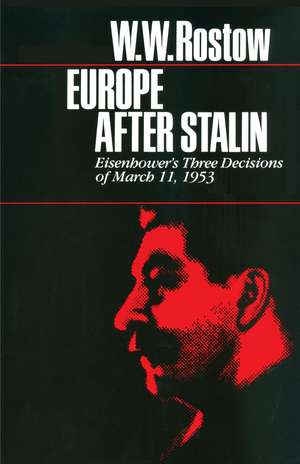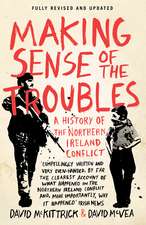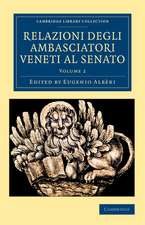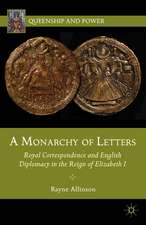Europe after Stalin: Eisenhower's Three Decisions of March 11, 1953: Ideas and Action Series
Autor W. W. Rostowen Limba Engleză Paperback – iul 1982
W. W. Rostow examines the origins of Eisenhower's "peace speech" of April 16, 1953, and of the National Security Council's debate on the German question between John Foster Dulles and presidential adviser C. D. Jackson. Jackson proposed immediate high-level diplomatic contact with the Soviet Union and the countries of Western Europe to discuss German reunification, as well as proposals for the general control of armaments and special security arrangements for Europe. Dulles, however, argued for a more reserved posture, which ruled out summitry and immediate negotiation with the Soviets. Dulles prevailed, but Eisenhower made his famous "peace speech."
In his concluding chapter, Rostow explores the question of whether or not anything was lost by this outcome. Was an opportunity for a united Germany forfeited when Eisenhower rejected Churchill's suggestion for a prompt summit meeting and backed Dulles against Jackson in the National Security Council meeting of March 11?
This is the third in a series of volumes by the author that probe the relationship between ideas and action in the making of major policy decisions. In this series, Rostow examines historic decision making from an insider's point of view while exploiting fully the rich documentary evidence.
Preț: 203.73 lei
Nou
Puncte Express: 306
Preț estimativ în valută:
38.98€ • 40.81$ • 32.45£
38.98€ • 40.81$ • 32.45£
Carte tipărită la comandă
Livrare economică 31 martie-14 aprilie
Preluare comenzi: 021 569.72.76
Specificații
ISBN-13: 9780292720367
ISBN-10: 029272036X
Pagini: 220
Dimensiuni: 140 x 216 x 15 mm
Greutate: 0.45 kg
Editura: University of Texas Press
Colecția University of Texas Press
Seria Ideas and Action Series
ISBN-10: 029272036X
Pagini: 220
Dimensiuni: 140 x 216 x 15 mm
Greutate: 0.45 kg
Editura: University of Texas Press
Colecția University of Texas Press
Seria Ideas and Action Series
Notă biografică
W. W. Rostow (1916–2003) was Professor of Economics and History at the University of Texas at Austin.
Cuprins
- Preface
- 1. The Issues and the Decision
- 2. The Background: Europe, the U.S.S.R., and the U.S.
- 3. American Perceptions of the Soviet Union and the Death of Stalin
- 4. Three Protagonists of Negotiation
- 5. From March 11 to April 16, 1953
- 6. The Aftermath
- 7. Some Conclusions
- Appendixes
- A. The March 6, 1953, Draft of the Proposed "Message" and Related Documents
- B. The Provisional CIA Estimate of the Consequences of Stalin's Death
- C. Extracts from the Author's Notes on the Origin of the President's Speech of April 16, 1953
- D. State Department Memorandum with Consolidated Advice for the March 11, 1953, NSC Meeting
- E. The Full Text of Eisenhower's Speech of April 16 and Dulles'
- of April 18
- F. Dulles Accepts the Speech
- G. The Final Draft of the Princeton Statement of U.S. ForeignPolicy Goals, May 11, 1952
- H. Stalin's Responses to James Reston's Four Questions of December 18, 1952, as Published December 25
- I. Dulles to Hughes Memorandum of April 10, 1953
- J. Nitze Still Resistant, March 1953
- K. Three Rostow-Jackson Letters, April 1953
- L. Jackson's Letter to Dulles Following the April 16 Speech
- M. The Speech Viewed from Moscow
- N. Churchill and Attlee on Eisenhower's Speech
- O. Two Accounts of the Foreign Ministers Meeting in Berlin on February 10, 1954
- Notes
- Index
Descriere
Written by an insider, this is the only published firsthand account of the debate within the Eisenhower administration after Stalin's death over whether or not the United States should propose and actively promote the reunification of Germany.




















